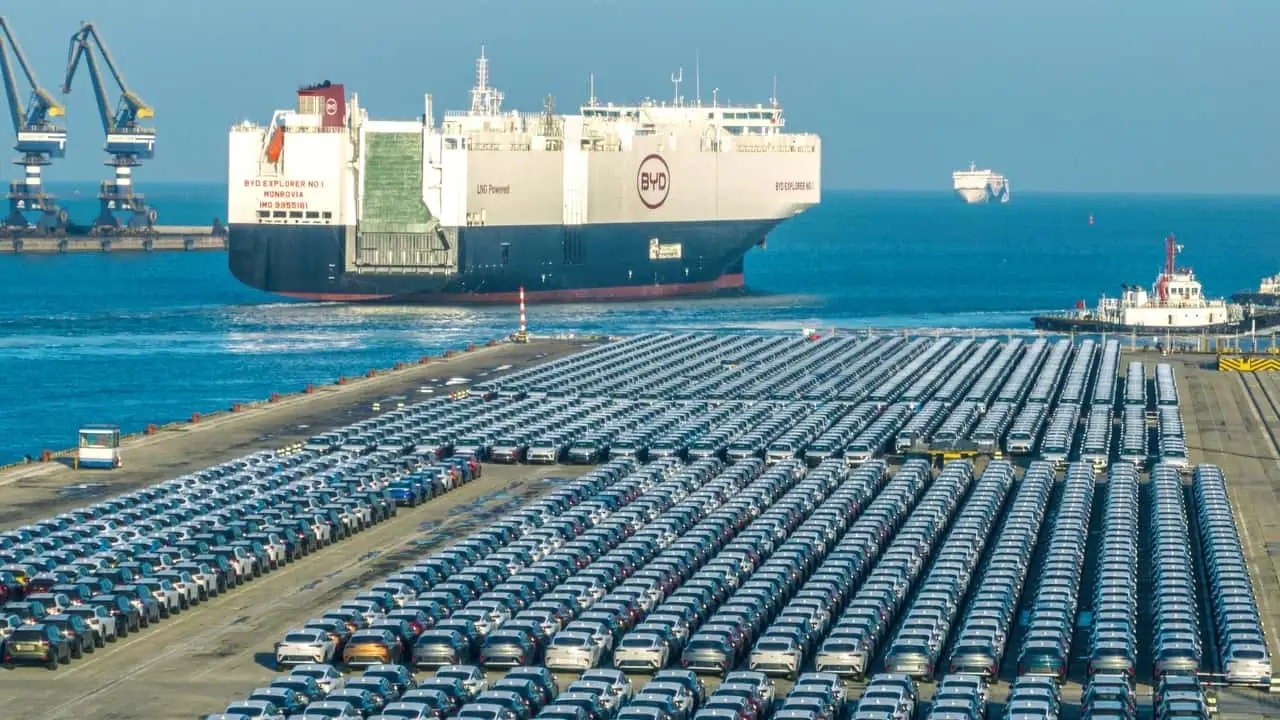Mexico imposes 50% import tax on Chinese cars
Mexico's decision to increase import tax on cars from China to 50% has shocked the market and opened up many economic and political debates.
The Mexican government has announced plans to increase import tariffs on cars from China and several other Asian countries by up to 50%. This is part of a comprehensive reform of import tariffs, with the aim of protecting domestic jobs and at the same time responding to political pressure from the United States.

Previously, the tax rate on Chinese cars was only 20%. Economy Minister Marcelo Ebrard said that without a certain tax barrier, domestic manufacturers would find it very difficult to compete when Chinese cars entered the market at prices lower than the reference price.
The tariff hike is estimated to affect more than $52 billion worth of imported goods, including many other sectors such as steel, textiles, motorcycles and toys. Specifically, steel and motorcycles will be subject to a 35% tax, while textiles will be subject to rates ranging from 10% to 50%.
The plan, if approved by Congress, would affect 8.6% of Mexico's total imports and protect about 325,000 industrial and manufacturing jobs.
China’s Foreign Ministry said it opposes trade restrictions imposed on “unreasonable” grounds. Spokesperson Lin Jian stressed that Beijing will defend its legitimate interests and hopes Mexico will work towards global economic recovery instead of imposing barriers.
Experts say Mexico’s recent tariff hike is tied to pressure from the United States, a country competing with China for influence in Latin America. Washington fears China could use Mexico as a “back door” to access the US market.
Meanwhile, Mexico also does not want to lose the industrial strategy that has helped the economy grow steadily over the past 30 years, while also seeking to maintain important trade relations with the United States.
Analysts say the tax hike could boost demand for Chinese cars in the short term before the regulation officially takes effect. However, in the long term, this is a measure to help Mexico increase its budget revenue and strengthen its political image, especially when the country is expected to collect nearly $3.8 billion in additional taxes next year.
The US-Mexico-Canada (USMCA) free trade agreement will be reviewed next year, and Mexico's new move is seen as a strategic step to prepare for the upcoming difficult negotiations.





